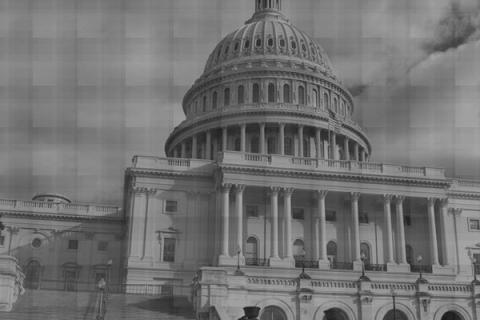With the recent May jobs report showing the United States added 175,000 jobs last month, there is not much attention on the much smaller number of jobs the federal government shed.
The government cut 3,000 more federal jobs than in April. Even though these are reported less than the overall number, focus turns to where there are important vacancies in government and how it could possibly impair operations.
There are some federal jobs that are not included in those 3,000 positions. These jobs require a more complicated hiring process and termination often comes by way of resignation as opposed to being fired or laid off.
These upper-level positions are the jobs that require presidential nominations and confirmation votes within the Senate, but the lack of such votes points to a serious problem in managing government.
In the corporate world, layoffs are a sign that the business is in trouble and is trying to lower expenses to survive. Is this also the case with the public sector? Unfortunately, many of the more executive level positions have remained vacant for a lengthy amount of time, referring to the managerial problem.
In light of federal job cuts, this is a look at how the role of the inspector general is necessary for a functioning government. President Obama has struggled with his Republican opponents to ensure government agencies are properly managed. An agency with an “acting” director, or without an inspector general to provide nonpartisan audits, can present a risk to how that agency operates.
What do Gordon Heddell, Howard Krongard, Earl Devaney, and Richard Skinner have in common? They were the last inspector generals confirmed by the Senate for the departments of Defense, Labor, State, Interior, and Homeland Security, respectively.
Those five departments make up more than half of the discretionary budget. They have also been without an IG since as far back as January 2008. Gordon Heddell served as IG for the departments of Defense and Labor, but was replaced by an acting IG for both. Their names may not be well-known to the public, but their roles as agency watchdogs made them powerful individuals in a government that relies on checks and balances.
The inspector general is often viewed as a type of internal affairs to make sure the agency is not doing anything it should not be doing, such as wasting money. The Office of the Inspector General (OIG) was a prominent feature in the Treasury’s IRS controversy and the Justice Department’s shortcomings in the Fast and Furious program.
A recent Bloomberg article pointed to the fact that agencies covering 58 percent of the federal budget lack an inspector general. There are acting IGs, but “acting” leadership is not as efficient. Investigations within the OIG in the Labor Department have resulted in $142 million in monetary recoveries and fines from April 1 to September 30, 2012.
White House spokesman Eric Schultz described the importance laid out before the OIG:
“The Administration is firmly committed to strong Inspectors General, and we are working diligently to identify the best candidates to fill these unique posts. The Administration supports the efforts of all of the IG Offices, including those currently being led by Acting IGs, as they work to ensure that taxpayers get the good government they deserve.”
The unemployment report continued the upward trend of private sector job growth while the federal government decreased their staff. There are still some roles in government that should not be left vacant for too long. Roles such as inspector generals are important in the proper function of government and in checks and balances among all three branches.

